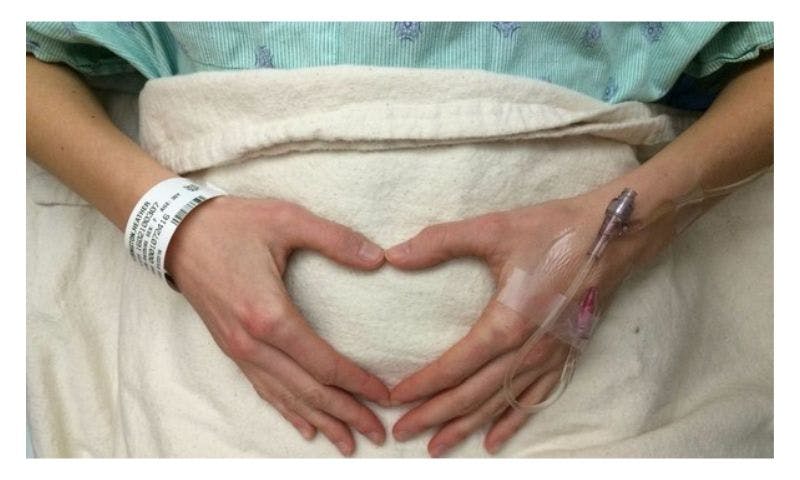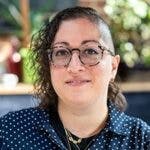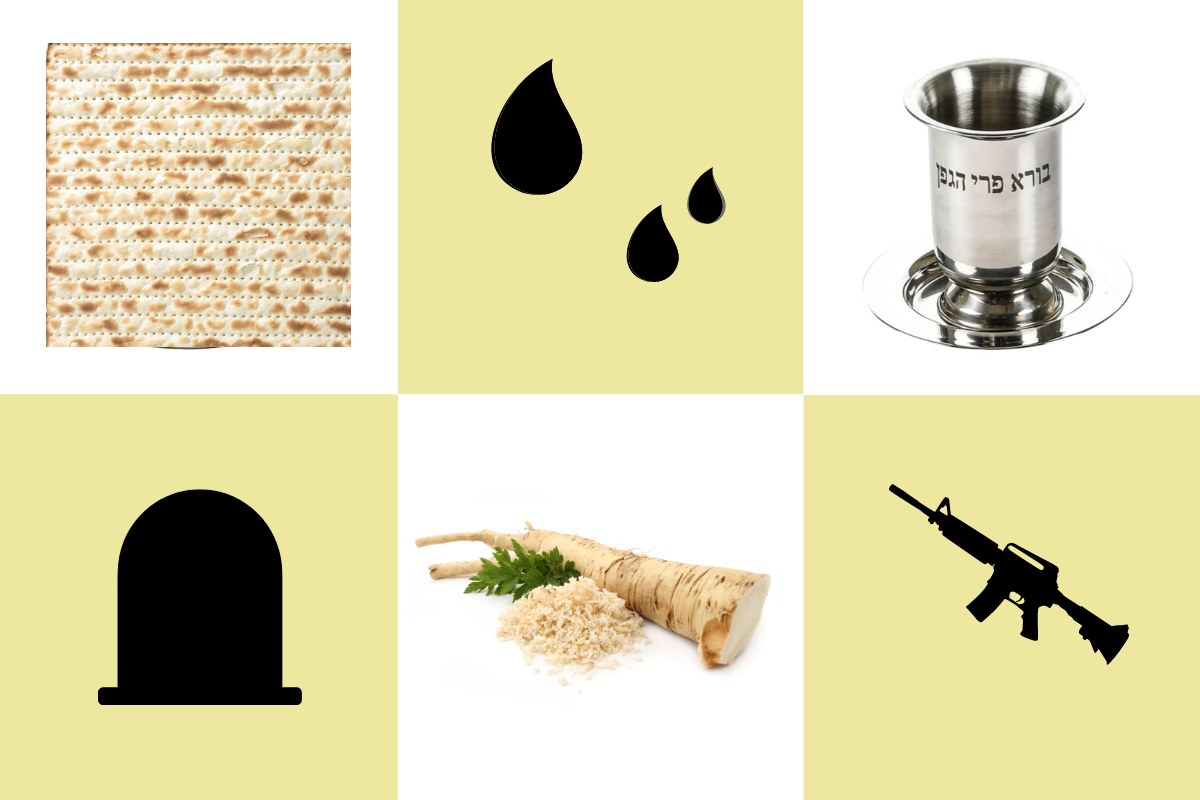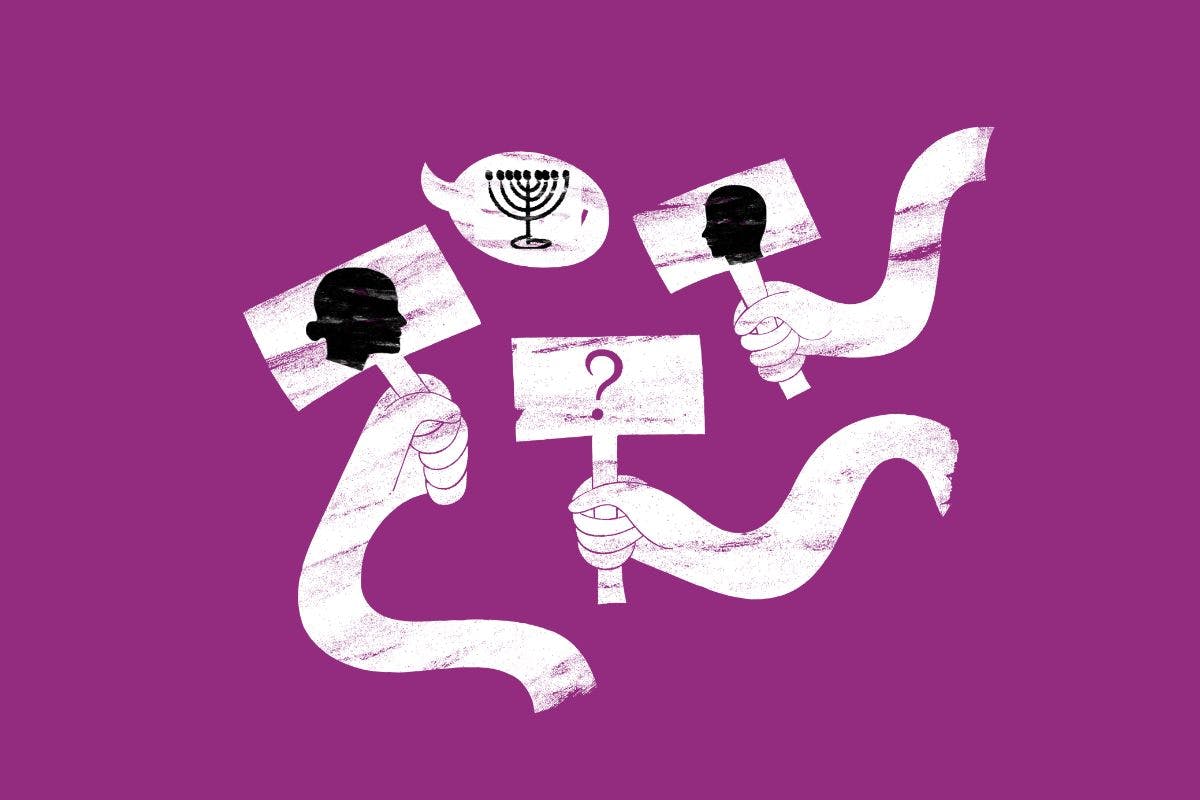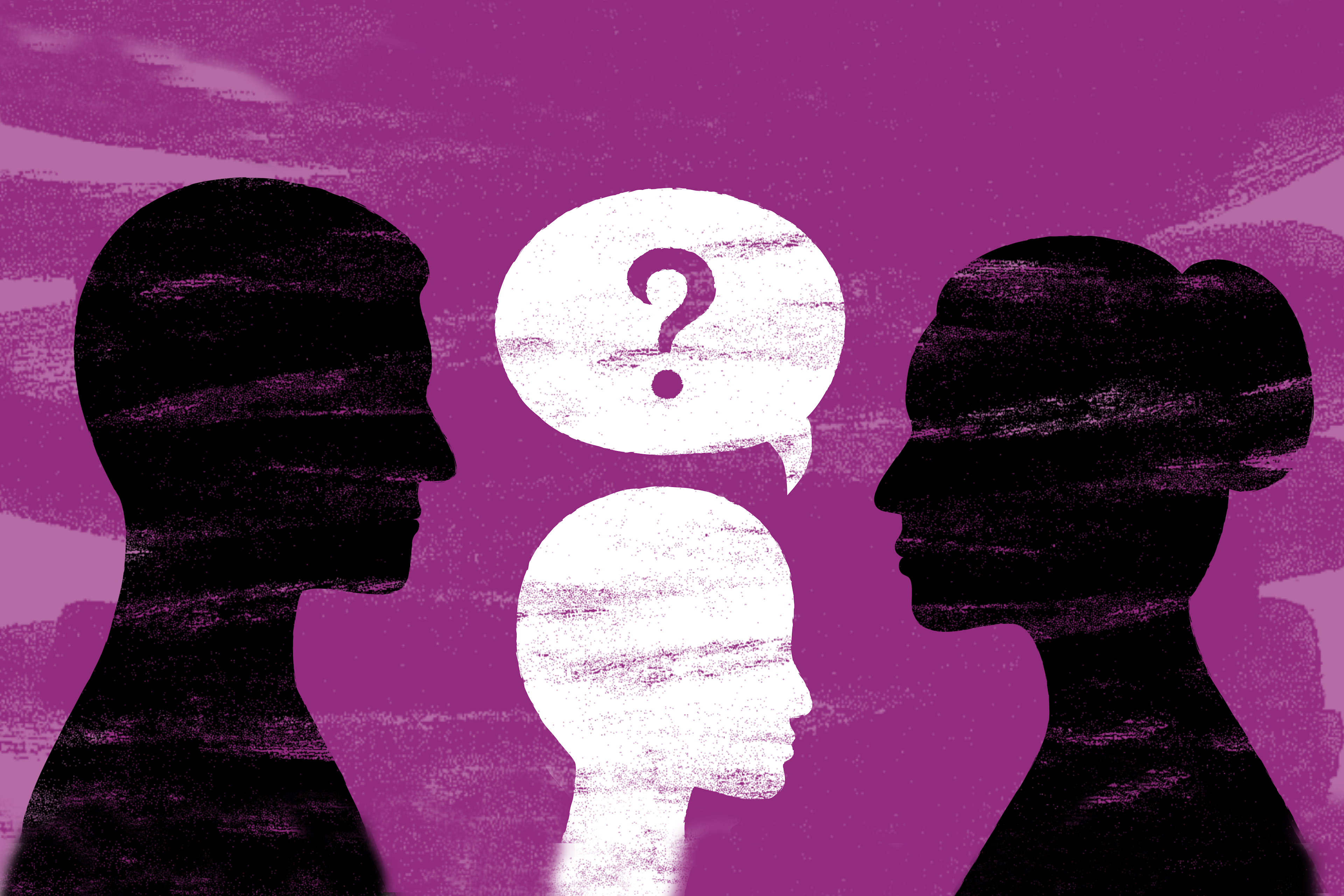Published: 11 April 2023
Last updated: 5 March 2024
ISABELLE ODERBERG’s grief from a miscarriage was compounded when she was refused entry to a mikvah. She turned to her rabbi, who showed her the understanding she so desperately needed.
I was totally and utterly spent.
Each and every loss had left a small, baby-shaped hole I didn’t know how to fill. I was resolute in my resolve to keep trying, but holy hell I was tired. And for the first time after a loss, I felt the need for closure. A way to bookend that chapter and start anew.
When I went to Dr Lovely* for my check-up after the dilatation and curettage, she asked me how I was doing and I told her as much. Dr Lovely is also Jewish and she suggested a visit to the Mikvah, the ritual bath, a place of renewal and purity.
My father’s family was frum (religious) while my mother’s family was completely secular after losing so many relatives during the Holocaust, before they arrived here from Europe. Within my family we practised Orthodox (traditional) Judaism, but while we were observant, we were not religious. For many women, their first visit to the Mikvah is when they get married.
Because I had not had a traditional Jewish wedding, I had never been. But I knew enough about it to know that it was exactly what I was looking for. Something to mark the end of a chapter and the start of a new one. Dr Lovely knew the rebbetzin (the rabbi’s wife) who ran the Mikvah and offered to reach out.
When I went in for my next appointment, Dr Lovely looked stricken. She had spoken to the rebbetzin to facilitate my visit to the Mikvah and had been told in no uncertain terms that I was not welcome, because my baby was born out of wedlock; my husband wasn’t Jewish and my marriage unrecognised.
The rebbetzin didn’t reach out to me, offer me an alternative or even attempt any pastoral care. Dr Lovely handed me a prayer card that the rebbetzin had given her to pass on, apologised profusely and said she was really shocked and disappointed.
After years educating myself about my husband’s Aboriginal culture, I realised that I had neglected my own tribe. I sat down and wrote a long email to the then Rabbi of my progressive congregation.
So that’s how I found out that, for some members of my own community, I was Jewish enough for my family to die in the gas chambers, but not Jewish enough for care, consideration, sympathy or empathy at my greatest hour of need.
I didn’t have a true community in Melbourne; the Jewish community here is very insular. If you’re not in it, it’s difficult to be in it, so to speak. I made the decision that never again would I be part of an Orthodox community.
But I did want to find a new spiritual home. After years educating myself about my husband’s Aboriginal culture, cognisant that I live on stolen land, and ensuring that my son was connected to his Country, I realised that I had neglected my own tribe.
I sat down and wrote a long email to the then rabbi of my progressive congregation. I knew his name and I knew the congregation well, having attended a few simchas (celebrations) and funerals there. The email opened with these two lines, “I have a question I would like to ask you. I apologise for the long email, but I have a bit of explaining to do”.
What followed was nine paragraphs of raw grief; for my baby, my Judaism and anger at the way I had been treated by the rebbetzin who oversaw the Mikvah. I explained I was looking to join a new congregation, but wanted to know from the outset whether my family would be welcome in his fold.
The email was sent on a Friday, at 4.09 pm, on the cusp of the Sabbath, to a man I had never met.
He told me I was welcome at his congregation. He told me I was loved and that my children are a blessing and that the community would greet them and me with open arms, as well as my husband. ears ran down my cheeks as he embraced me with his words.
He called me 20 minutes later, as I boarded a tram on the way home from work. He told me that he could feel the pain in my words and that he didn’t feel it was sufficient to email me in response. He wanted me to hear him speak the words.
He told me that I was welcome at his congregation. He told me I was loved and that my children are a blessing and that the community would greet them and me with open arms, as well as my husband, in whatever capacity he desired to be included.
Tears ran down my cheeks as he embraced me with his words and showed me a warmth that I so desperately needed at that point in time. I am so proud to be able to call this man my friend and my rabbi. He brought me back to Judaism, helped me find my way and steered me out of grief.
This is an extract from Hard To Bear, by Isabelle Oderberg, published by Ultimo Press
BOOK LAUNCH
Isabelle Oderberg will be in conversation with Gabrielle Jackson for the launch of Hard To Bear, hosted by the Sydney Jewish Writers Festival, on May 17 at 7pm. CLICK HERE FOR TICKETS
Photo: Lifeinleggings
*a pseudonym
